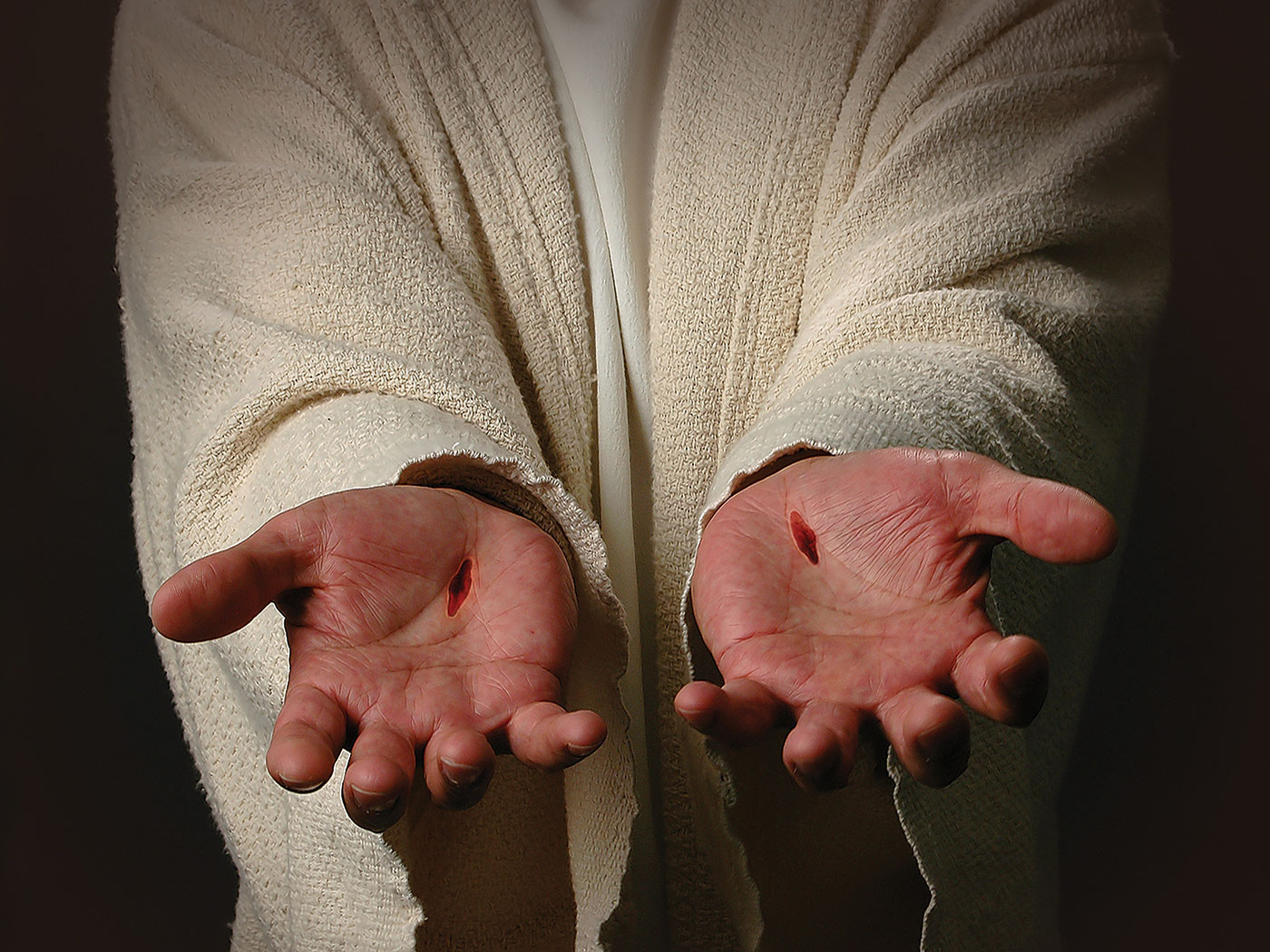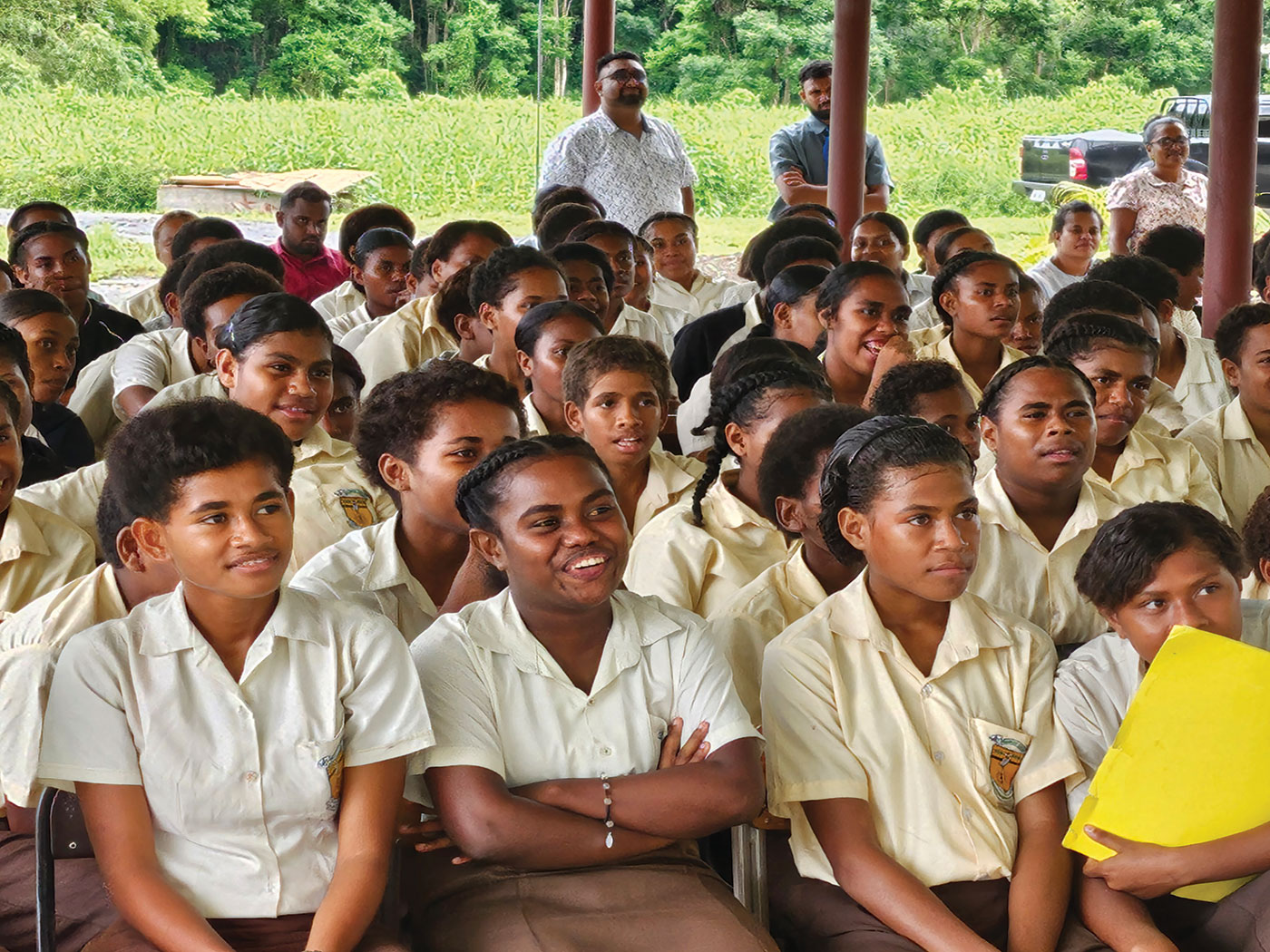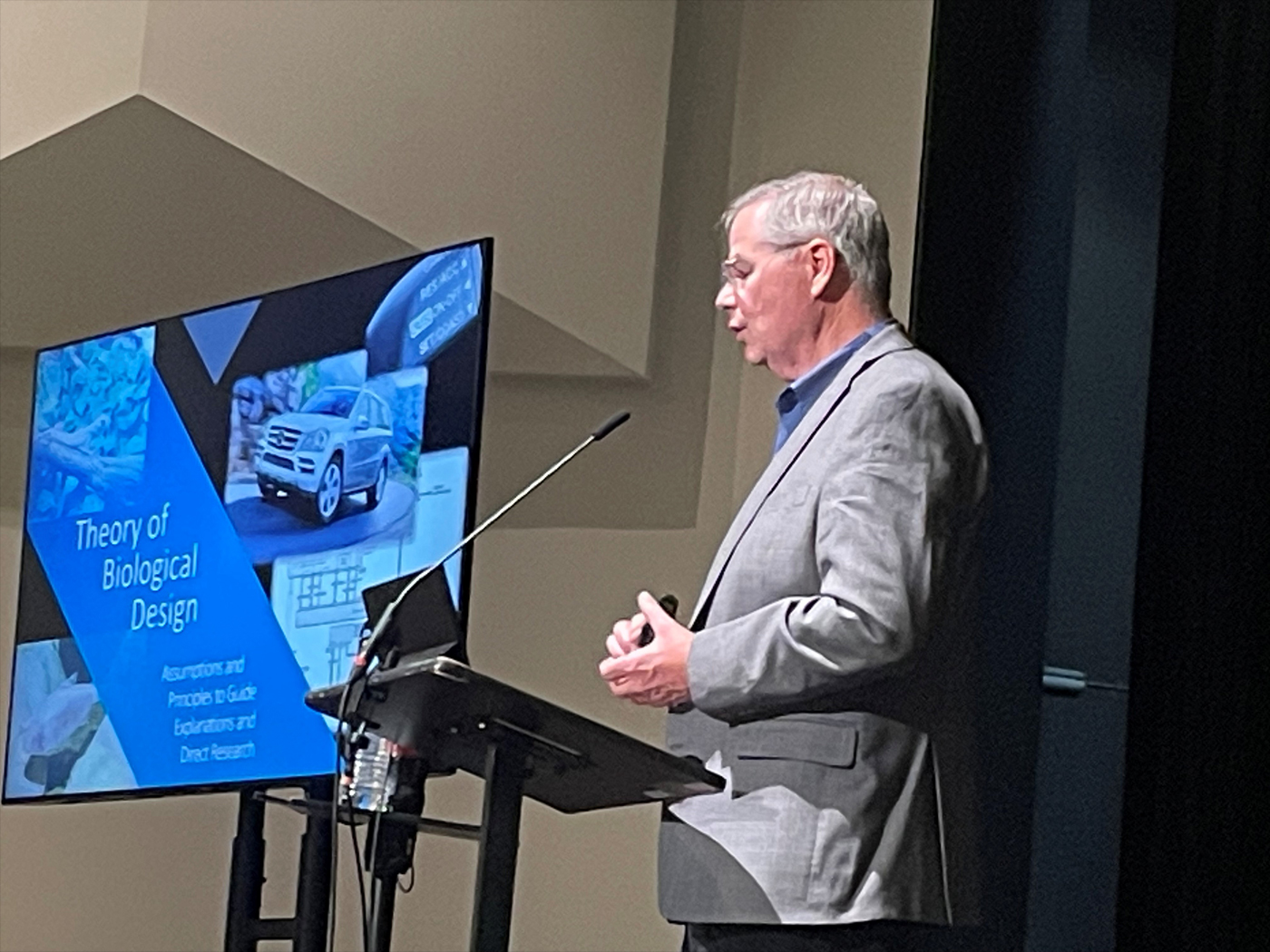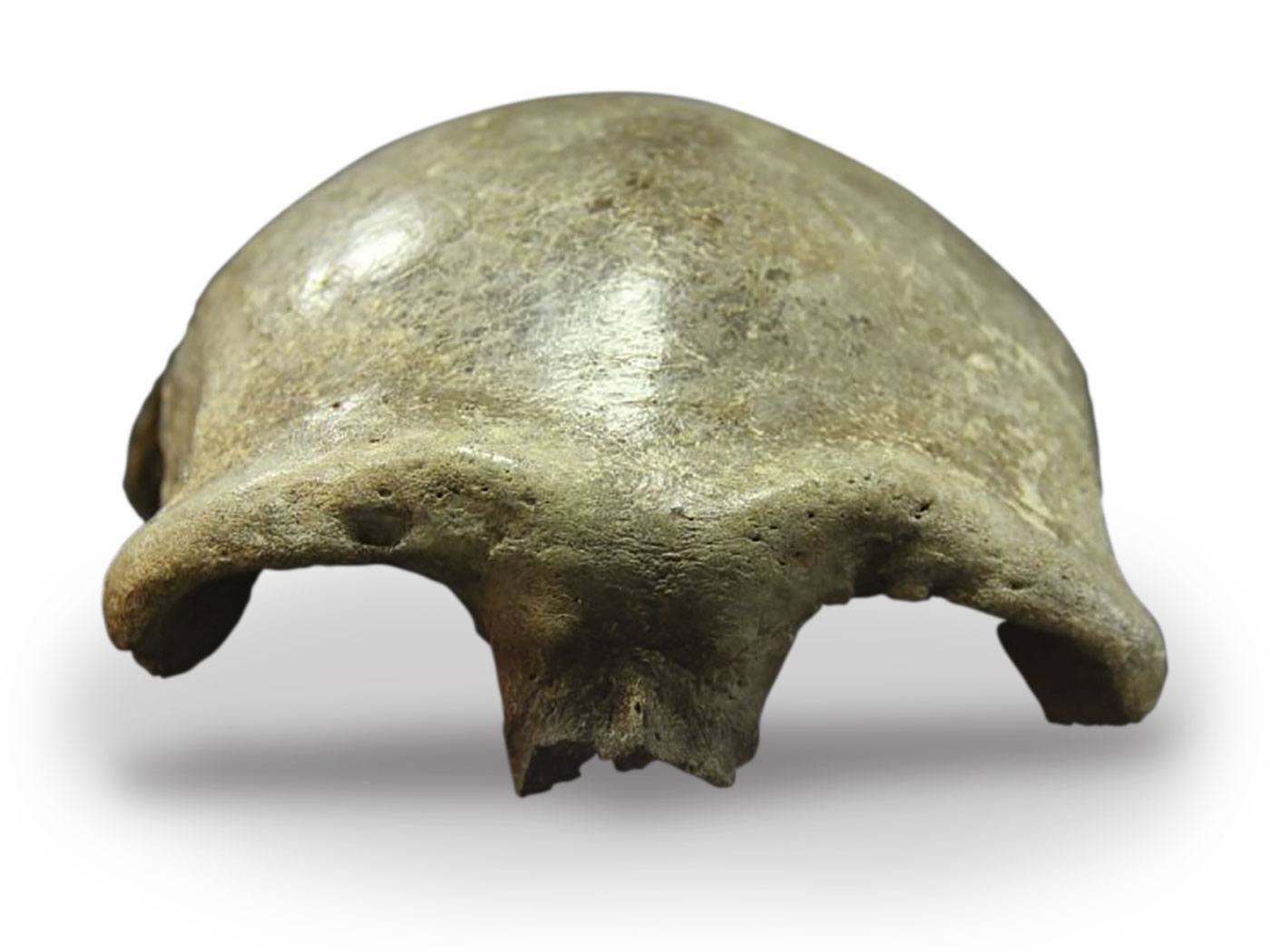Evgeny Bakhmutsky had always wanted to visit the Institute for Creation Research. In November 2010, he did.
"This is a dream come true," he told ICR staff during morning devotions.
Bakhmutsky is the vice president of the Union of Evangelical Christian-Baptists of Russia, overseeing the operation of 2,000 churches in Russia. He also pastors a Bible church in Moscow.
He was 12 or 13 years old when he started to question what the Bible said about creation and what he was learning in school. His grandfather gave him a book that provided many answers. "I think it was called Scientific Evidence or Evidences for Creation," he said in an interview after devotions. "It was a really small book, about 50 pages. It was the very first kind of creation book that was translated into Russian."
Bakhmutsky obtained university degrees in economics management and strategic planning. His family preferred he "remain a layman," since both of his grandfathers spent time in prison for their faith. However, he felt called to ministry and completed his seminary training in 2004.
He spoke about a shift in Russian attitudes toward Christianity and creation science, particularly among people younger than 30. "In very many cases, young people are very much open [to the gospel]. According to our pastors, 95 percent of all our newcomers are young people."
When asked why this was so, he said, "I think their parents lost trust in the communistic idea. There is no clear ideology in Russia, so these people are trying to search for something certain and firm to stand on."
ICR had creation science materials translated into Russian in the early 1990s. "They were very well accepted," Bakhmutsky said. "From my perspective, it was so effective at that time. And suddenly, or accidentally, it stopped. Now, I think we need it more than before. We need somehow to bring [ICR] back to Russia, especially to encourage young scientists."
"I got an email yesterday from two scientists demanding me to give them an address or contact for where they can get research materials. They really demanded." He said he pointed them to a variety of online resources, including ICR’s website. "But it didn’t work and they’re, like, now chasing me," he laughed.
And interest in creation materials isn’t only present among Baptists, but also with scientists in the Orthodox church, he said.
Recently, ICR has partnered with the Slavic Gospel Association to produce a Russian version of Days of Praise, for which Bakhmutsky writes the cover letter. He hopes that more ICR materials will be translated, as well as for creation camps and a creation museum in Russia.
"I think it would be a great evangelistic tool," he said. "Sadly, we got a number of people who got degrees in the U.S., came to Russia, and started to spread really weird stuff. Like, ’I have a Ph.D.; why do you believe in a six-day creation?’ And when I try to speak to them, they say, ’You don’t have a degree. You can’t speak.’"
"Growing up, we only had one Bible among a 600-person congregation," he said. "When I started to come to the U.S., I was really surprised [to hear things like that]. How can you be a Christian and not believe in a six-day creation? It doesn’t make sense at all. If God is great, He could create for one day! He chose six days, so why do they try to limit Him?"
When told about ICR’s current issues with organizations teaching theistic evolutionary doctrine, he said, "My favorite statement is from Charles Spurgeon. He said, ’There is nothing new in theology except heresy.’"
ICR valued the opportunity to hear from one of our Russian brothers, and we look forward to the continued success of his ministry!
* Ms. Dao is Assistant Editor at the Institute for Creation Research.
Cite this article: Dao, C. 2011. Russian Pastor Visits ICR. Acts & Facts. 40 (2): 22.













